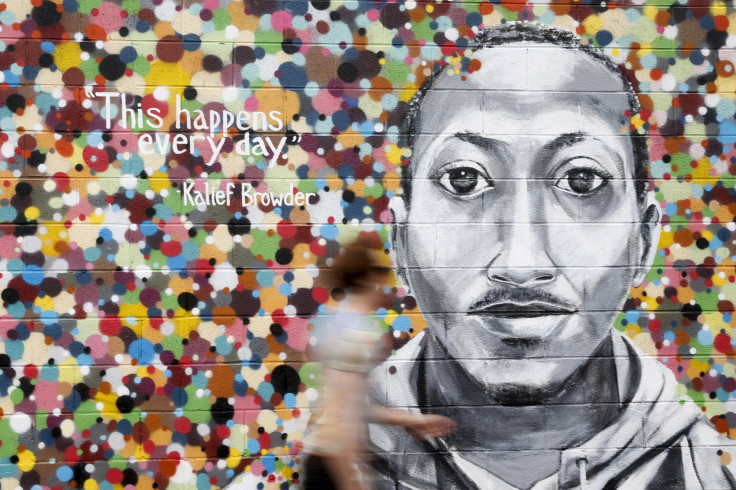"Project Semicolon" Helps Uplift Those In The Low Points Of Their Life

Project Semicolon, or The Semicolon Project, is a faith-based non-profit movement devoted to bestowing hope and love to those who are besieged with depression, suicide, addiction and self-injury. Advocates of the cause showed support by tattooing a semicolon mark on parts of their body. The grammatical symbol was chosen as a depiction for the undertaking because it “represents a sentence the author could have ended, but chose not to. The sentence is your life and the author is you.”
Founder and President Amy Bleul started the project back in 2013 after her father’s suicide. She also drew inspiration from past experiences. In a blog post on Project Semicolon, she wrote how her parents divorced when she was four. Two years after, she decided to live with her father. Everything was fine up until the time her stepmother started abusing her physically, mentally and emotionally. At the age of eight, she was put into state custody awaiting her mother.
Bluel added how after her difficult childhood, growing up became a struggle due to her tendencies to look for corrupt kinds of attention and choose hard paths in life. She was under heavy medical for psychological illnesses she was not diagnosed of. She also started self-harm and had thoughts and attempts of ending her life.
She faced other challenges including her father’s suicide, depression, rape and miscarriage. Her life took a turn for the better when she met her husband. Then, she experienced true love and started to heal. With that, she started Project Semicolon.
Though the movement was described as “faith-based,” Bluel clarified that they do not exclusively cater to those of the same faith but also accept those with different beliefs and religion. Though the movement serve to inspire people in the low points of their lives, they explained they are not a 24-hour helpline nor they are trained in mental health.
U.S. citizens thinking of committing suicide, or know someone who is, are urged to call 1-800-SUICIDE or 1-800-784-2433. For Australians, the crisis support number is 13 11 14.
For feedback/comments, contact the writer at ailyanaferrer.salumbides@gmail.com.





















